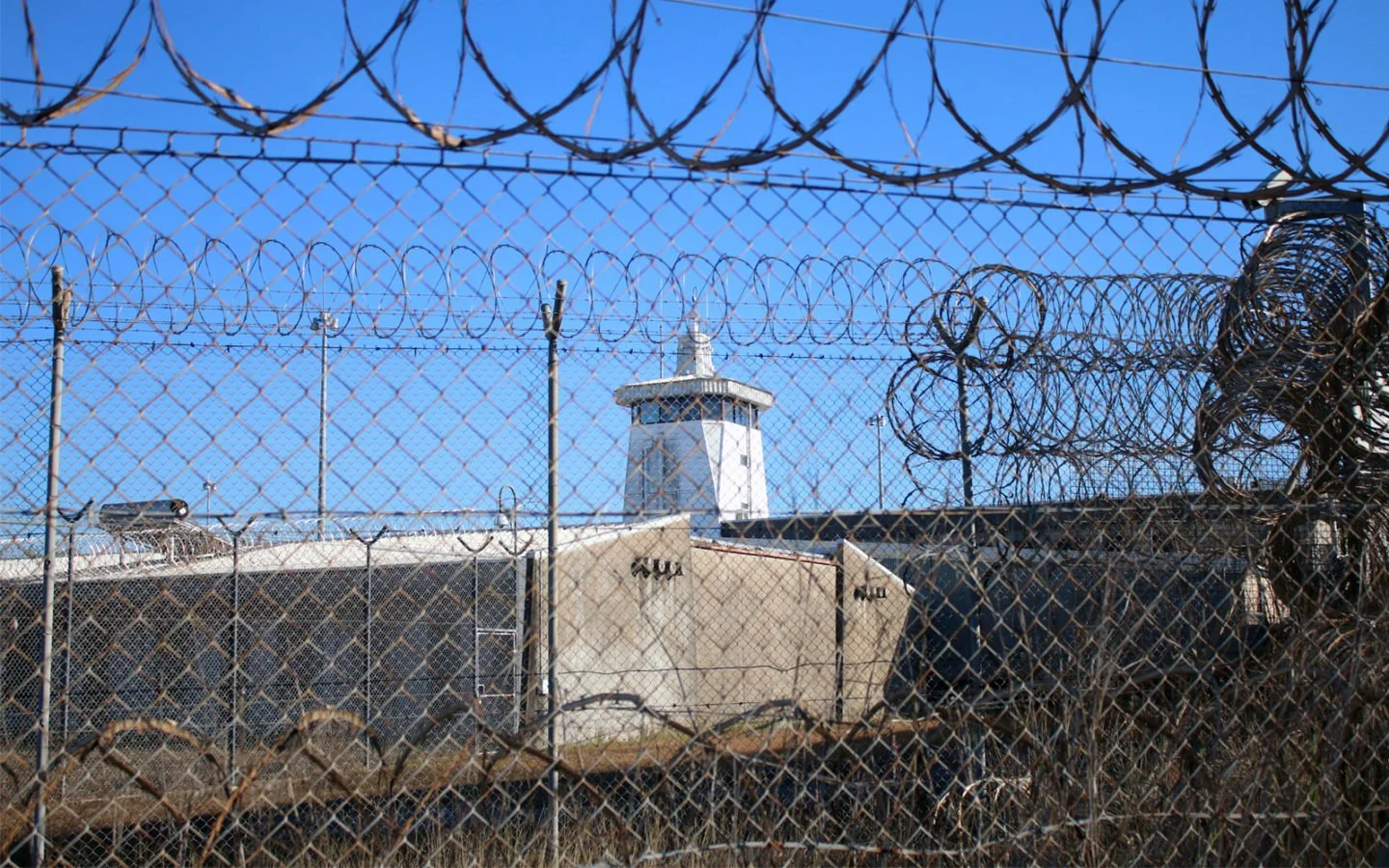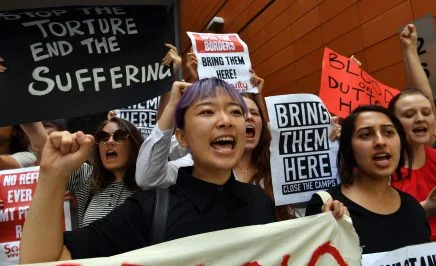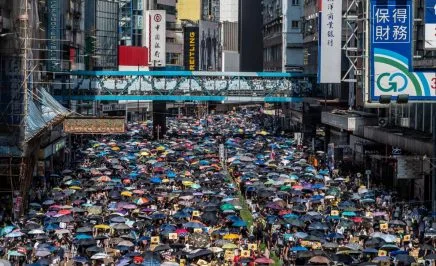Amnesty International Australia has serious concerns regarding the Australian Government’s plans to subvert the ruling of the High Court in respect to NZYQ.
Following last week’s High Court ruling that indefinite immigration detention was unlawful, 82 people have been released into the Australian community. Key to this decision was the Constitutional recognition of the separation of powers between the Executive and the Judiciary, articulating the fundamental principle that punishments cannot be implemented by the Executive.
Amnesty holds grave fears that this Bill will go beyond simple immigration conditions and will again further punish individuals who are either stateless or who have served their time. This is particularly in relation to what could amount to arbitrary requirements that would be imposed on people such as curfews and the wearing of ankle monitoring bracelets.
Furthermore, Amnesty is concerned about the lack of parliamentary scrutiny during what could be the passage of this Bill through both houses of Parliament today.
Amnesty International Australia’s Refugee Advisor Dr Graham Thom said:
“For legislation that seeks to deal with decisions of the High Court, it’s not appropriate for the government to introduce this legislation with zero consultation around the possible impacts of these proposed changes and no opportunity for parliamentary scrutiny.
“It is important to ask, at what point do non-custodial alternatives to imprisonment, such as the use of ankle bracelets, also amount to a punishment? How many years will individuals be expected to remain under these conditions? Especially given they have already spent years unlawfully detained beyond the end of their sentence.”
Graham Thom, Refugee Advisor at Amnesty International Australia
“The Australian Government cannot afford to make a knee-jerk reaction to the High Court’s decision last week. The rule of law, human rights and basic freedoms are at stake, it shouldn’t take another High Court challenge to determine that under the rule of law in this country all people are entitled to a certain level of rights, no matter their circumstances.”





